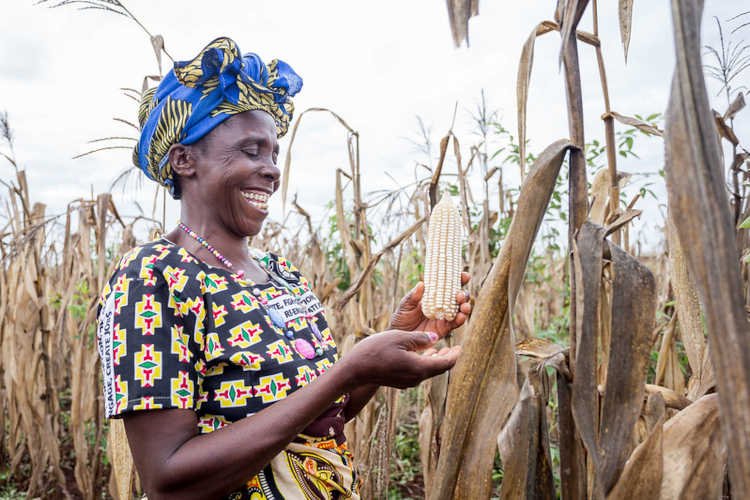The Conference of Parties 28 (COP28), which was held in the United Arab Emirates (UAE), has finally come to an end, but what did African leaders return home with?
Development Diaries reports that Africa’s primary goal at COP28 was to convince international parties to support financial commitments to reduce global emissions with greater charity.
How well was this goal achieved?
Governments and private philanthropies committed around two billion dollars at COP26 in 2021 to promote the tenure rights of indigenous peoples and local communities.
And in 2022, at COP27, a new ‘loss and damage’ fund was established to assist vulnerable countries in responding to climate disasters.
The Russia-Ukraine conflict, Covid-19, the growing debt crisis, and the food and cost-of-living crises have all contributed to the global geopolitical context that gave rise to COP28.
These events have made it increasingly clear that the climate crisis is the greatest threat to human survival and the health of the planet in the 21st century.
Despite being one of the world’s lowest emitters of greenhouse gases, Africa has been the region most impacted by climate change since 2010, with over half its people already experiencing some form of climate change.
Because of this, it is crucial to evaluate the progress that Africa, as a negotiation bloc, achieved at COP28.
One important takeaway for Africa is the COP28 Declaration on Sustainable Agriculture, Resilient Food Systems, and Climate Action, which aims to lower emissions and provide food security for the continent.
With 152 signatories and an early financial commitment of U.S.$7.1 billion, the declaration can strengthen African agriculture and food systems in the face of an escalating food security challenge brought on by climate change.
Furthermore, given that climate change has exacerbated the burden of disease in Africa, the COP28 Declaration on Climate and Health signifies a win for the continent.
Africa would greatly benefit from the one billion dollars raised at COP28 for the transformation of health systems to address diseases brought on by climate change and safeguard vulnerable people.
Additionally, over U.S.$175 million has been committed to the Alliance for Green Infrastructure in Africa by the governments of Germany, France, and Japan, as well as philanthropic groups, African and international institutions, for the construction of new green infrastructure.
The commitment aims to support the quickening of financing for innovative infrastructure projects that are in line with climate change throughout the continent.
Also, the African Development Bank (AfDB) has unfolded its planned one billion dollars facility to provide insurance to more than 40 million farmers across the continent against the severe impacts of climate change.
What next now?
African countries must strengthen their strong diplomatic voice and status in the climate arena to build on the continental and national advances made at COP28.
While Development Diaries calls on African governments to ensure they implement the lessons they learnt about good environmental governance, they must strengthen their ability to take advantage of the numerous climate finance options made available at COP28.
Photo source: USAID in Africa







